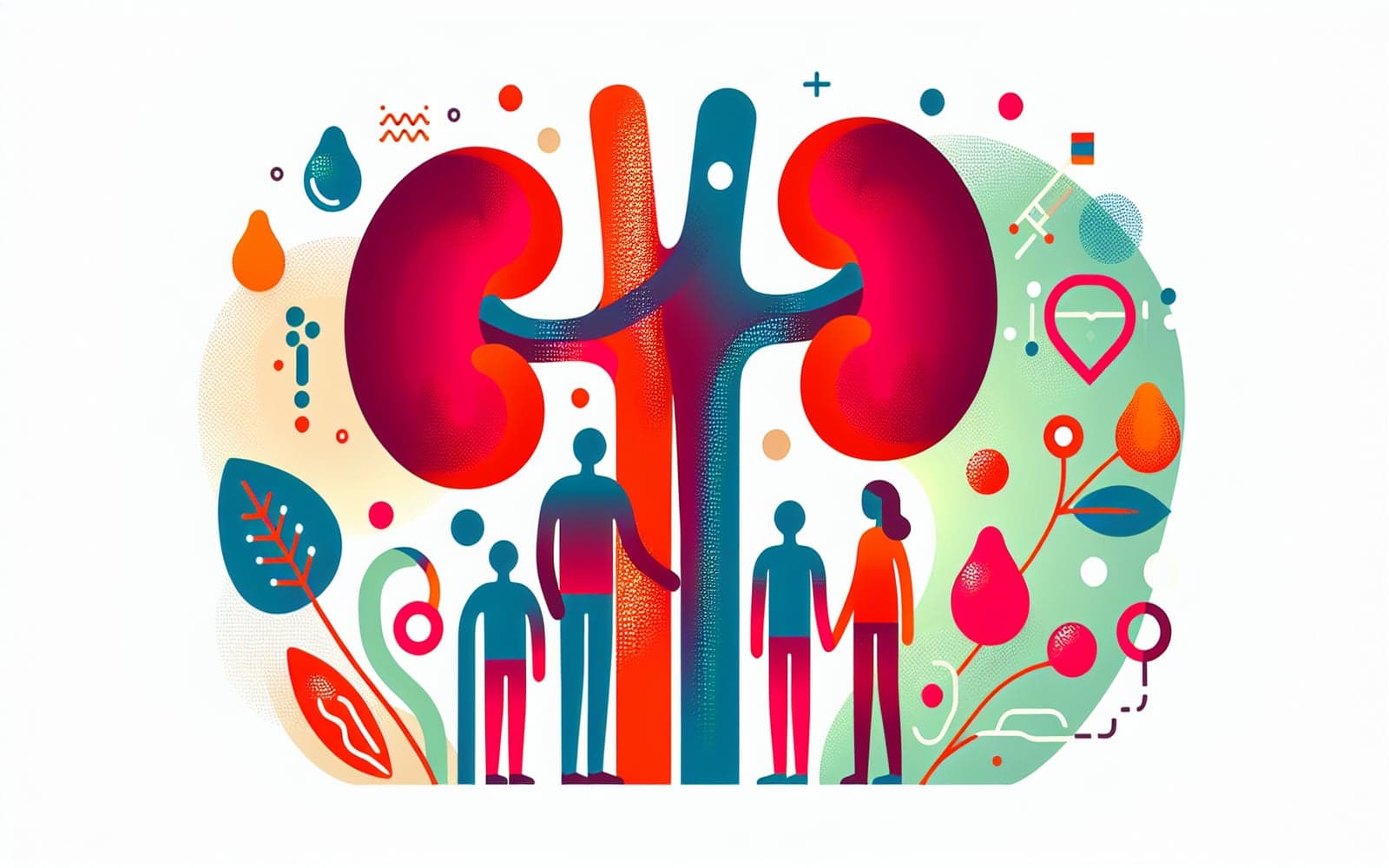Kidney Stones: What You Need to Know About This Common Condition
Published: Sep 04, 2024
Kidney stones are a widespread and often excruciating health issue. This article explores what kidney stones are, who's at risk, and why they form.
Contents
What Are Kidney Stones?
Kidney stones are hard deposits made of minerals and salts that form inside your kidneys. They can vary in size from a grain of sand to a golf ball. When these stones move through your urinary tract, they can cause severe pain, often described as one of the worst pains a person can experience.
Who's at Risk?
Kidney stones are more common than you might think. About 19% of men and 9% of women will develop a kidney stone by age 70. Factors that increase your risk include being male, being overweight, having certain medical conditions like diabetes or high blood pressure, and having a family history of kidney stones.

Types of Kidney Stones
Not all kidney stones are created equal. The most common type, making up about 80% of cases, are calcium stones - usually calcium oxalate. Other types include uric acid stones, struvite stones, and cystine stones. Each type has different causes and may require different treatments.
Frequently Asked Questions
Yes, having a family history increases your risk.
Yes, though it's less common than in adults.
Not always, small stones may pass unnoticed.
Yes, recurrence is common without preventive measures.
Key Takeaways
Understanding kidney stones is the first step in preventing them or managing them if they occur.
Want to assess your kidney stone risk? Talk to Doctronic, your AI health companion, about your diet and lifestyle factors.Related Articles
References
Scales CD Jr, Smith AC, Hanley JM, et al. Prevalence of kidney stones in the United States. Eur Urol 2012; 62:160.
Lieske JC, Rule AD, Krambeck AE, et al. Stone composition as a function of age and sex. Clin J Am Soc Nephrol 2014; 9:2141.
Always discuss health information with your healthcare provider.